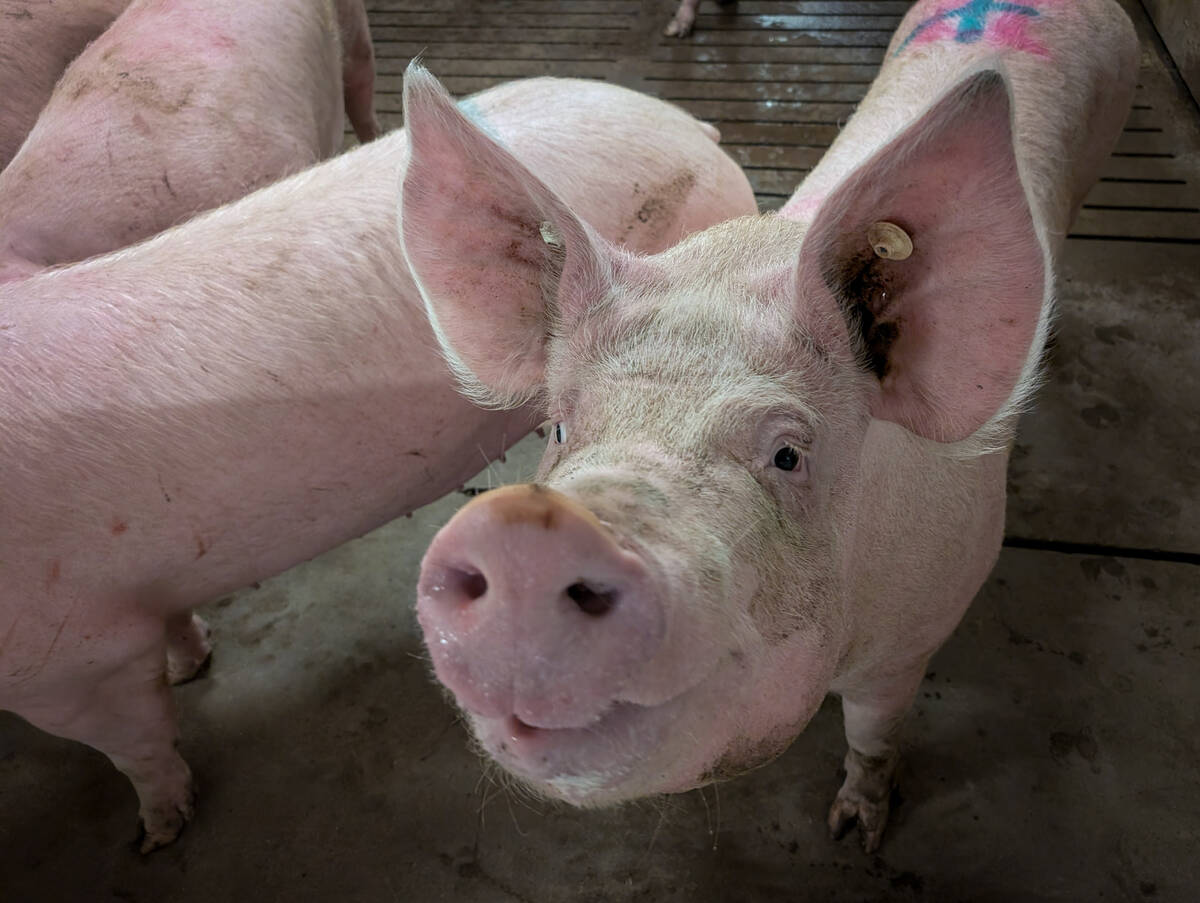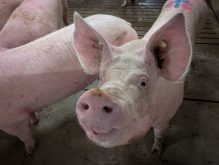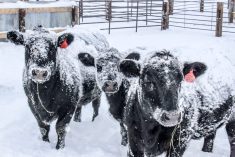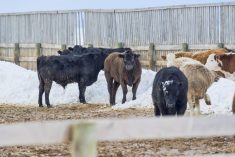Citing concerns over testing practices at the ill-fated Rancher’s Beef plant near Calgary, the U.S. Department of Agriculture announced Saturday that it will increase testing for E. coli O157:H7, listeria and salmonella on imports of meat and poultry from Canada, starting this week.
USDA’s Food Safety and Inspection Service (FSIS) said shipments tapped for inspection would be held until testing is complete and products are confirmed negative for those bacteria.
FSIS also said Canadian meat and poultry would get “increased levels of re-inspection to confirm they are eligible to enter commerce when presented at the U.S. border.”
Read Also

Gene edited, PRRS resistant pig approved in Canada
Canada has given its stamp of approval to pigs gene edited to resist porcine reproductive and respiratory syndrome (PRRS).
The U.S. agency also said it will “immediately” start an audit of Canada’s food safety system, focusing on Rancher’s Beef but also including “other similar establishments” that export to the U.S.
Rancher’s Beef was implicated Oct. 26 by FSIS as the “likely source” of an outbreak of E. coli O157:H7-related illnesses this summer in eight states, under investigation for links to product from hamburger manufacturer Topps Meat of New Jersey. Topps, which was found to have bought beef trim from Rancher’s Beef, went out of business early last month following the announcement of one of the largest beef recalls in U.S. history.
Rancher’s Beef closed its plant at Balzac, Alta., for financial reasons in mid-August. The Canadian Food Inspection Agency on Friday issued a recall for all beef shipped to the company’s corporate clients between early June and mid-August.
CFIA followed up Saturday with a specific recall of ground beef, chuck, steaks and other beef products sold this summer at several stores in Alberta, Saskatchewan, Manitoba and Ontario, citing its own investigation of Rancher’s Beef. The agency is exploring suspected links among up to 45 cases of E. coli-related illnesses in five provinces this summer, but stressed Friday that no link has been confirmed between those cases and Rancher’s Beef.
FSIS said it will review the “preliminary findings” of its coming audit to decide if its new interim inspection requirements remain necessary.
“These measures are being taken to further ensure the equivalency of the system already in place,” said Dr. Richard Raymond of FSIS in a release. “We continue to work together with our food safety partners both domestically and internationally to ensure imported meat and poultry products are produced under systems at least equivalent to those in the United States.”
FSIS’s plans for increased inspections of imports were released the same day USDA announced a voluntary E. coli-related recall of over one million pounds of ground beef products from the Cargill Meat Solutions plant at Wyalusing, Pennsylvania, northwest of Scranton.
While Canadian government agencies and cattle producer organizations had yet to officially comment Sunday, the Canadian Press (CP) news agency quoted Ted Haney, president of the Canadian Beef Export Federation, as saying major beef processors in Canada had already decided to either shut down for the next few days or slow their production and not ship to the U.S.
CP quoted Haney as saying FSIS’s decision to boost testing “doesn’t reflect the risk of E. coli O157:H7 in both Canada and the U.S.,” and that three strains of E. coli were found in the Topps case, but only one was traced to its source, thanks in part to CFIA’s investigation in Canada.
















